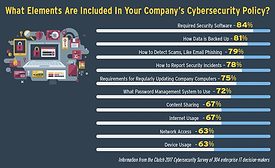Cybersecurity News
Identifying Key Internet of Things Partners
Part 3 in a 3-Part Series on the Internet of Things
September 26, 2017
EC-Council Announces Fully Proctored, Hands-On Penetration Testing Exam
September 17, 2017
Sign-up to receive top management & result-driven techniques in the industry.
Join over 20,000+ industry leaders who receive our premium content.
SIGN UP TODAY!Copyright ©2025. All Rights Reserved BNP Media.
Design, CMS, Hosting & Web Development :: ePublishing






